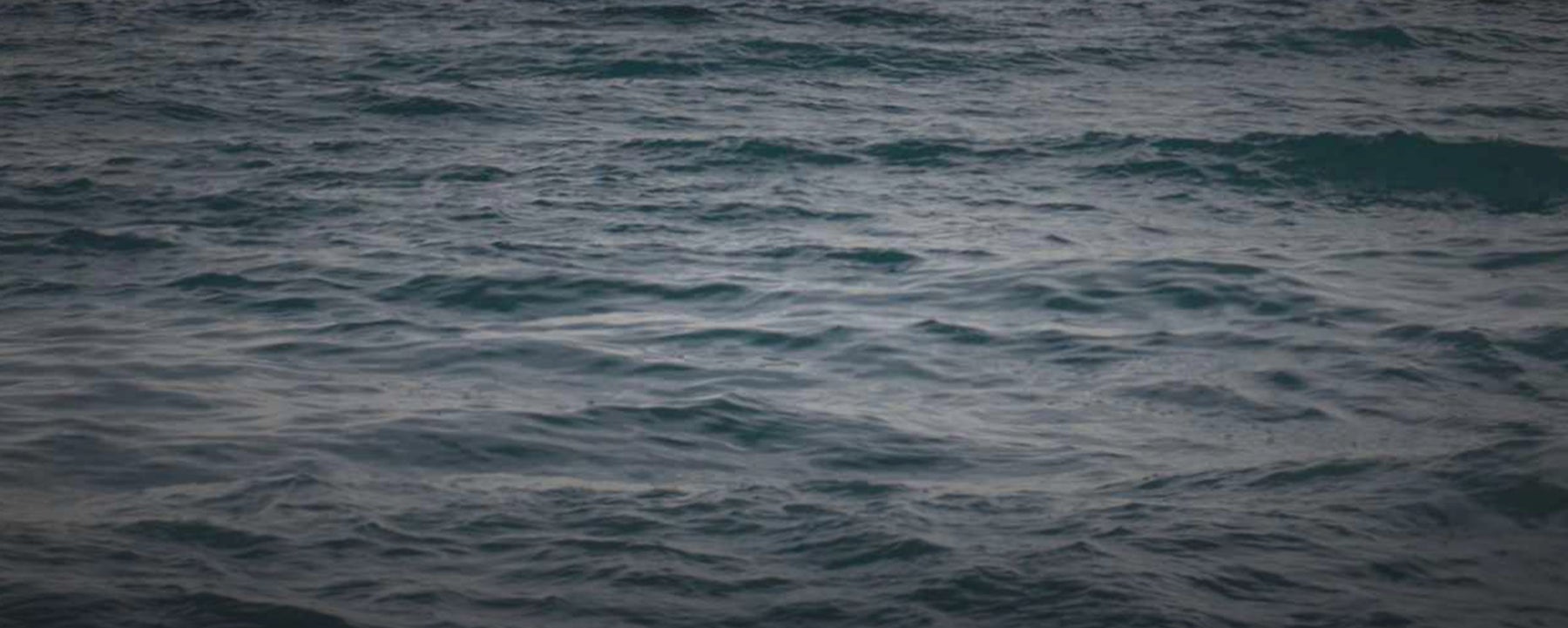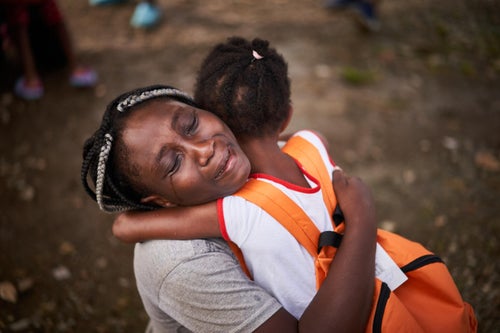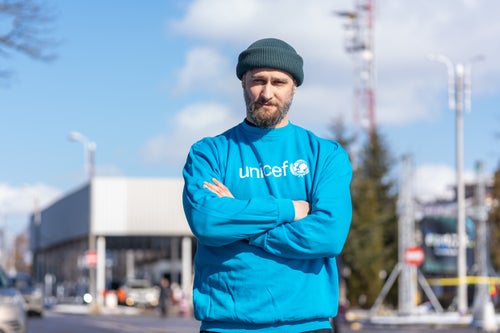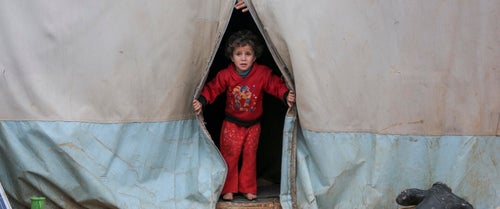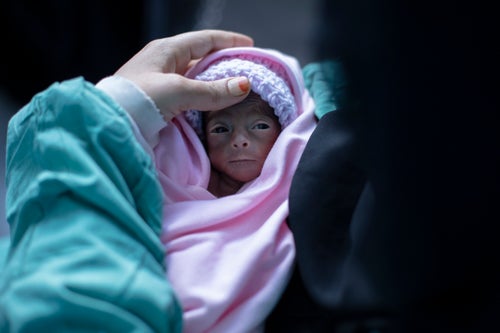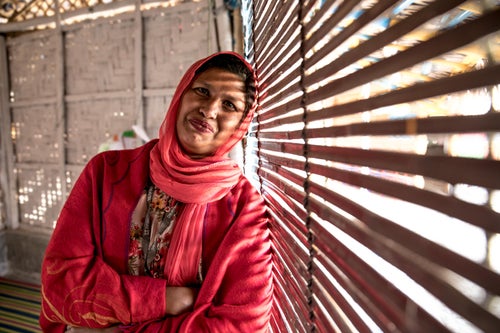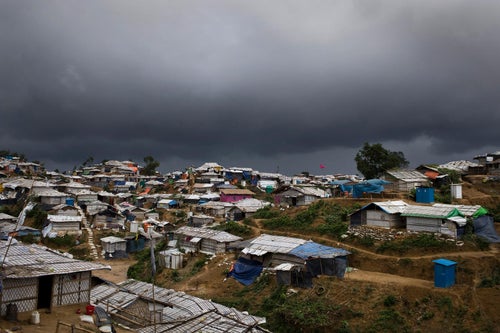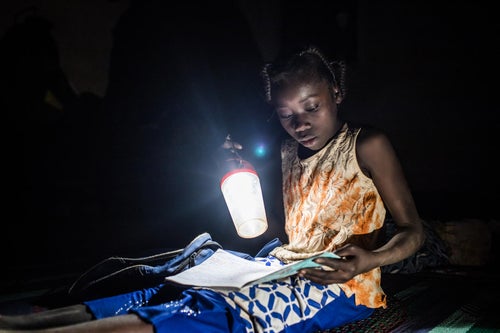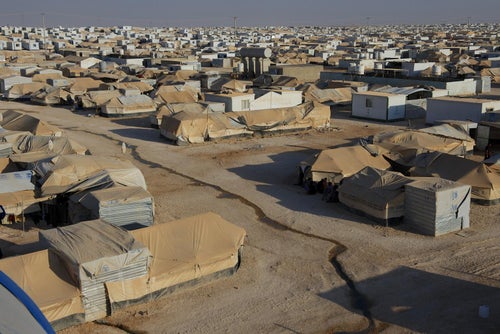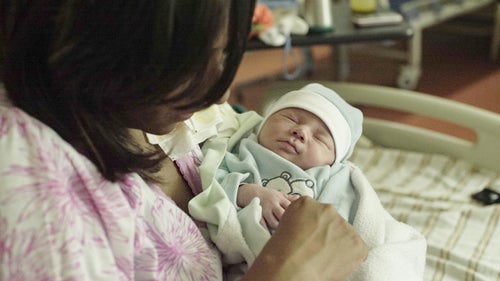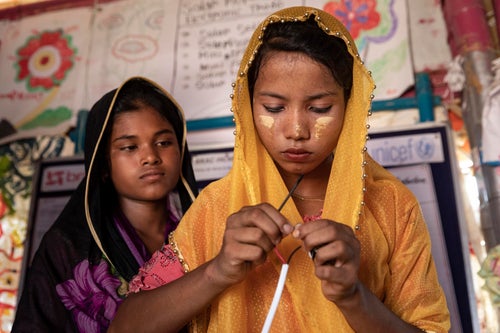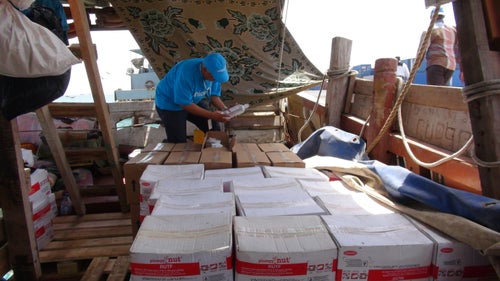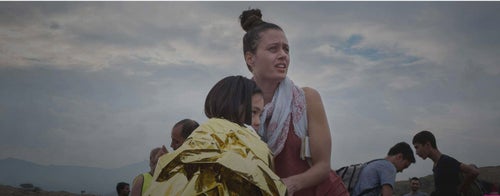Nauru and Manus Island are just the beginning.
We’ve heard about the child abuse, self-harm and suicide and we’ve seen how a life in limbo drives children to despair. Years of first-hand assessments from Australia’s leading medical bodies have confirmed beyond doubt: prolonged detention is inherently harmful to children, with devastating impacts that can last a lifetime. And we know that, despite the transition to an ‘open centre’ on Nauru, refugee children on the island still face an unacceptable risk of harm.
This should be reason enough to change how Australia responds to people seeking asylum. But the problems run far beyond these two remote islands.
The full human, economic and strategic costs of Australia’s asylum seeker policies have been clouded by successive Governments’ claims to secrecy.
Now, a major new report from UNICEF Australia and Save the Children lays out the true impacts.
Here are six shocking facts the Government has tried to keep quiet - and six ways to convince your friends we need a new approach.
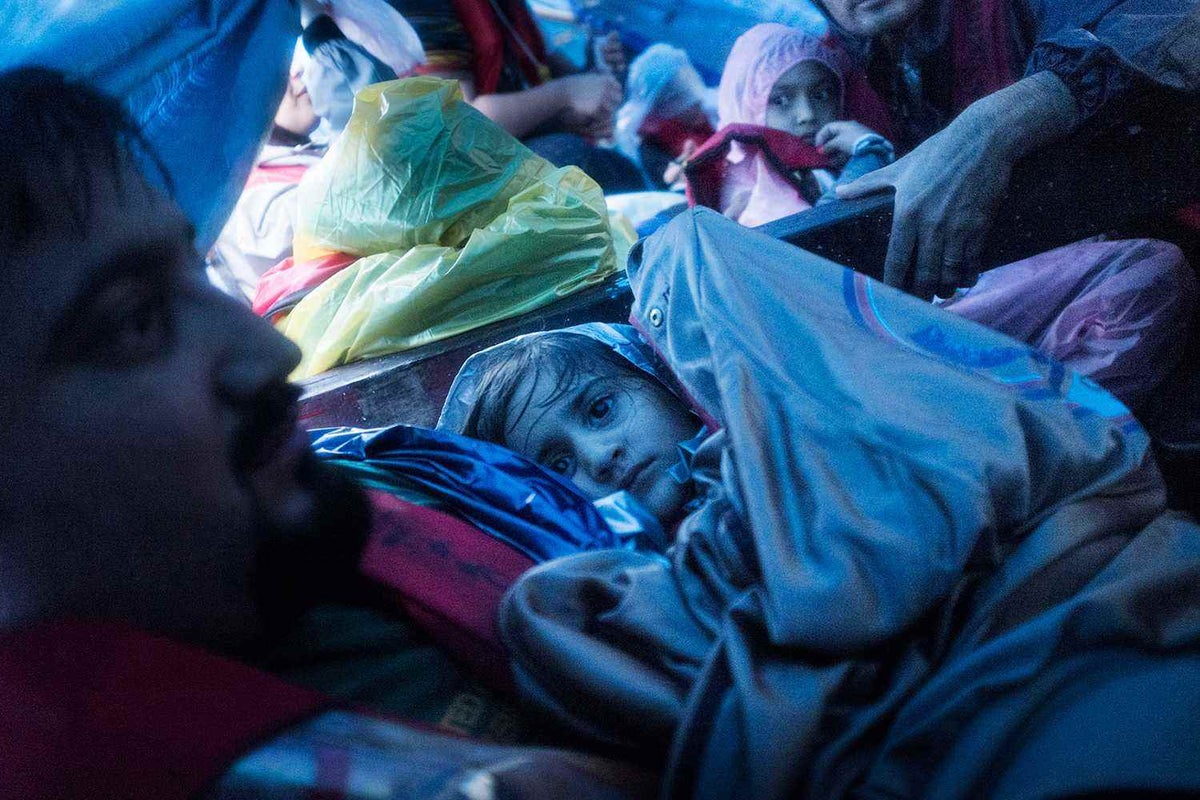
Offshore processing costs $400,000 per-refugee, per-year
Warehousing refugees offshore isn’t just harmful - it’s an absurdly wasteful use of funds that could otherwise be used to protect and support them. For every refugee kept on Nauru and Manus, the Australian Government could support 12 refugees with housing, health care and basic living expenses here in the community.
We think it’s time to reinvest in a more humane and sustainable solution. If the Government refuses to bring these refugees to Australia, it should publicly commit to resettling them in credible third country as an urgent priority.
Ending 'open detention' on Nauru and Manus Island could save $2 billion by 2020
The bill for chartered flights alone came to $45 million in one year. Add the cost of boat turn-backs and onshore detention and the total bill to Australian taxpayers comes to an astonishing $9.6 billion since 2013.
These funds could help our region to build something so much better: a more humane system offering protection and support to thousands of refugees.
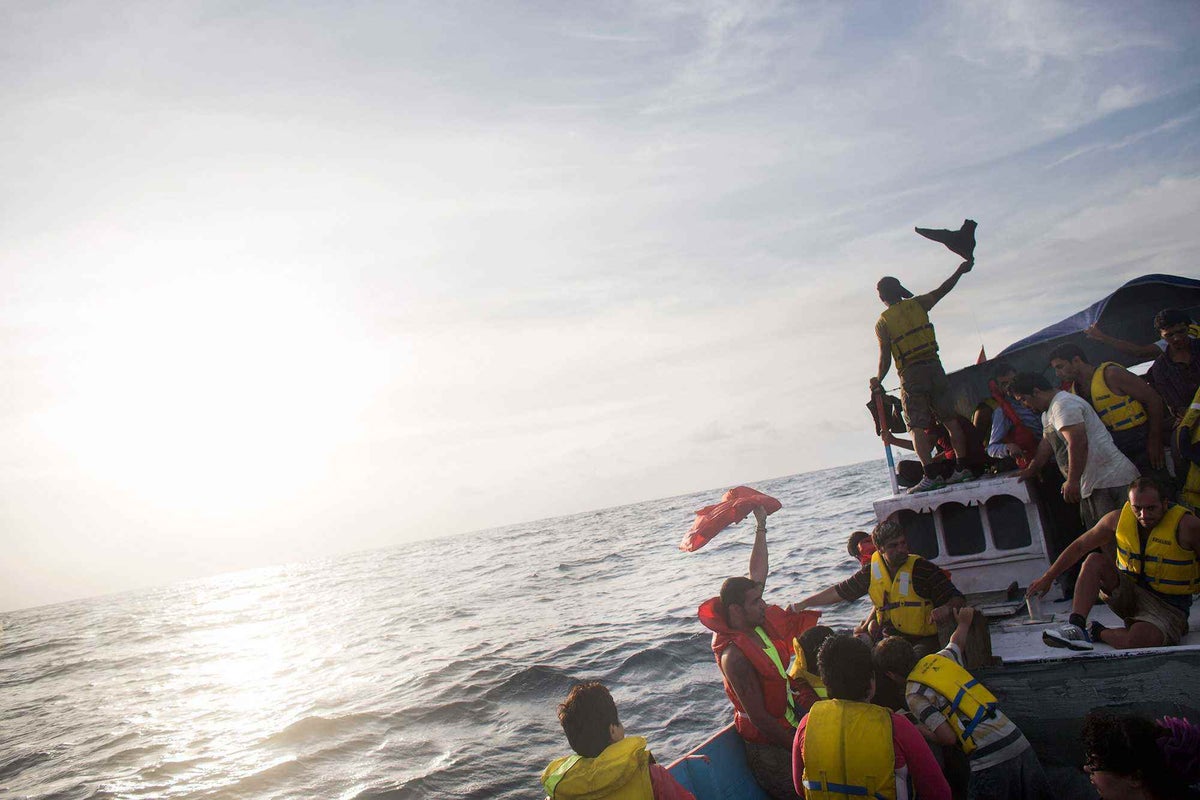
The boats haven’t stopped - they've been turned away to other dangers
We absolutely need to protect children from dangerous journeys but turning boats back from Australia doesn’t solve the problem. A truly humanitarian response would not abandon asylum seekers to extreme weather, piracy and kidnapping beyond our waters. It would not return children to face serious harm and persecution in the countries from which they’ve fled.
We’re urging the government to replace turn-backs with search and rescue. Australia can work together with our neighbours to protect asylum seekers on land and sea and help them to arrive safely at agreed points of protection throughout the region.
‘Deterrence’ approach has abandoned refugees to their fate
Australia is sending a blunt message to people fleeing persecution: “Stay where you are.”
On the surface, this policy of deterrence seems to have been effective in reducing the number of asylum seekers who attempt to reach Australia by boat. But it hasn’t reduced the number of asylum seekers in our region who need help.
From 2012 to 2015, the number of asylum seekers and refugees in Indonesia, Malaysia and Thailand rose by 36%. In the same period, Australia decreased the number of refugees it resettled by 30%.
The Government didn’t just deter asylum seekers from coming to Australia; by failing to offer alternative pathways, it abandoned them to countries which cannot offer protection or fulfil their human rights to a dignified existence. For children, that can be a life without shelter, school or health care.
So when the Government tells asylum seekers “don’t come” without offering any other options, it’s also telling them: “Wait indefinitely. Endure countless dangers, indignities and lives in limbo”.
It’s time to turn away from a short-sighted focus on deterrence and to engage cooperatively with the real challenge at hand. That means investing in a real solution for our region and lifting our humanitarian intake of refugees to reflect our true capacity and generosity as a nation.
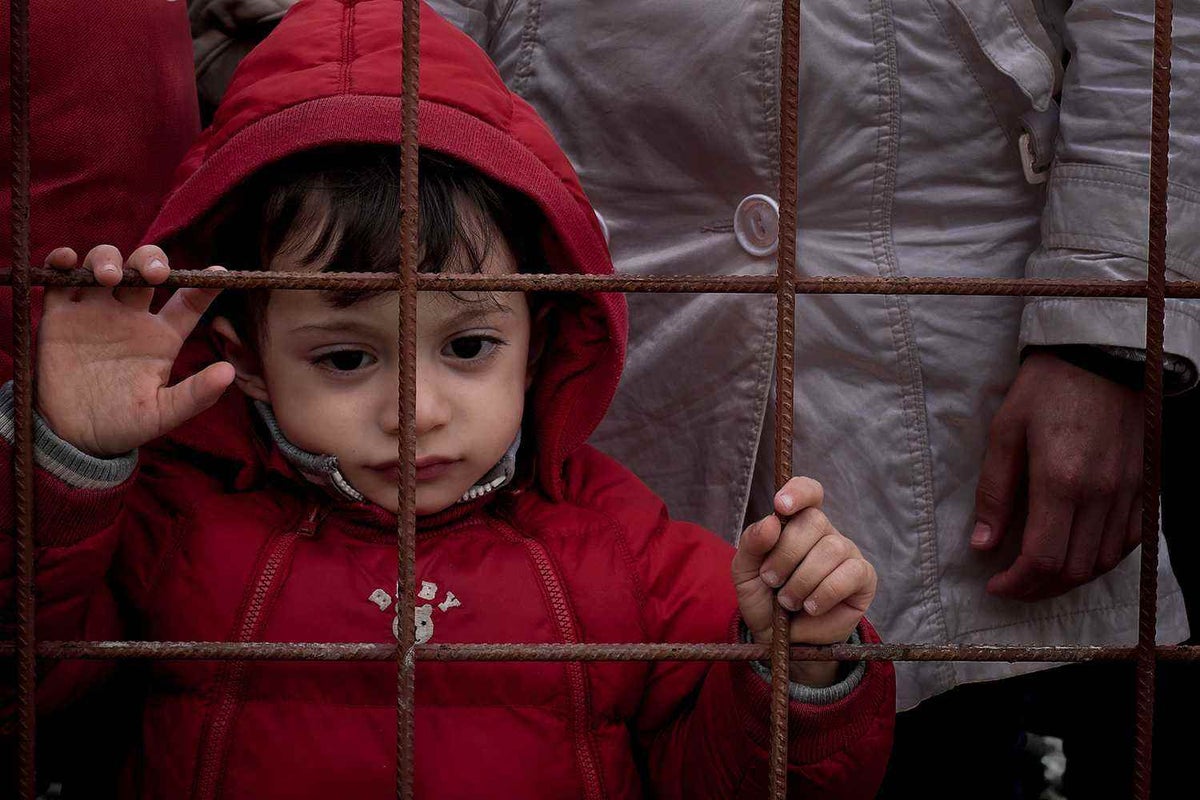
This could be Australia's most dangerous export
Australia’s approach to asylum seekers sets a dangerous precedent for the world.
As Europe grapples with the complexity of the refugee crisis, it's concerning that Australia may seek to promote its policies of deterrence. Many European countries have recently closed their borders to asylum seekers, while some have introduced mandatory immigration detention.
Most alarmingly, a delegation of Danish politicians recently planned to visit Nauru to assess whether Australia's framework could be applied in Denmark. (Ultimately, the trip was cancelled after the Government of Nauru refused to grant visas to members of the group who had publicly criticised Australia’s offshore processing arrangements.)
Australia’s approach, if adopted on a global scale, would certainly mean the end of the notion of refugee protection.
If replicated elsewhere, it will result in growing tides of men, women and children pushed up against closed borders. It will create a future in which people simply do not flee persecution at all - in which they remain where they are to suffer whatever fate may befall them in countries not willing or able to protect them.
We believe Australia can be a more compassionate and constructive global player.
These policies are undermining Australia's global standing and influence
There is little doubt that Australia’s asylum seeker policies have damaged Australia’s reputation as a rights-respecting country.
During the UN Human Rights Council's recent review of Australia's record, other states made no fewer than 60 recommendations to reform our harsh treatment of people seeking asylum. Meanwhile, UN bodies and experts like the Special Rapporteur on torture have been highly critical of Australia's treatment of refugee children.
So how will our international peers judge Australia’s bid for a seat on the UN Human Rights Council?
If Australia does secure a seat, will we be taken seriously as a strong and credible advocate for the full spectrum of human rights? Will we be able to "wage a tireless campaign to end the death penalty around the world" as the Government hopes? Can we hold other countries to account while simultaneously flouting human rights in our own backyard?
Meanwhile, it's often observed that Australia is one of the few countries in our region that is signatory to the Refugee Convention and willing to offer voluntary resettlement - a factor which is seen as a barrier to more regional cooperation. Yet, Australia is thwarting its own long-term objectives by undermining the international regime. Instead, we should be promoting respect for refugee rights and the importance of more countries in the region becoming party to the Refugee Convention.
There is a better way
After years of successive Australian Governments failing to meet the challenges of asylum seeker policy, it's time for a new way forward.
UNICEF Australia and Save the Children are proposing a suite of measures to resolve the plight of refugees on Nauru and Manus Island and build a new regional solution that offers true protection for children, families and other people fleeing persecution.
As the Prime Minister prepares to join leaders at the UN Summit on Refugees, he has the chance to embrace a more humane approach and show the world our true generosity as a nation.
Want to learn more, download our full report: At What Cost? The Human, Economic and Strategic Cost of Australia’s Asylum Seeker Policies and the Alternatives
Related articles
Stay up-to-date on UNICEF's work in Australia and around the world



